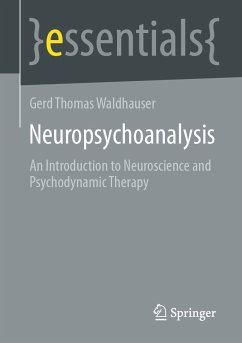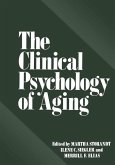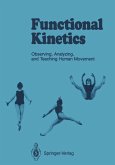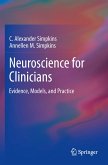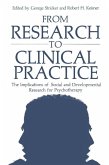The author Dr. Gerd Thomas Waldhauser is a psychologist, cognitive neuroscientist, licensed psychoanalytic psychotherapist and in training as a psychoanalyst. His scientific work is located at the intersection of basic neuroscientific research and clinical psychology. In particular, he is interested in the formation and control of involuntary memories and the exploration of psychoanalytic concepts with neuroscientific and experimental psychological methods.
This book is a translation of an original German edition. The translation was done with the help of artificial intelligence (machine translation by the service DeepL.com). A subsequent human revision was done primarily in terms of content, so that the book will read stylistically differently from a conventional translation.
Dieser Download kann aus rechtlichen Gründen nur mit Rechnungsadresse in A, B, BG, CY, CZ, D, DK, EW, E, FIN, F, GR, HR, H, IRL, I, LT, L, LR, M, NL, PL, P, R, S, SLO, SK ausgeliefert werden.

